Xwelítem slhá:li means ‘white person, white lady’.


Xwelítem slhá:li means ‘white person, white lady’.
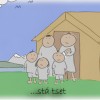
…stá tset means ‘We were living (at)…’.

Xwelítem is the word for ‘white person’ or ‘European’.

Stá means ‘to live, to stay (at a place). For example Li te Ts’elxwéyeqw kw’els stá – ‘I live(d) in Chilliwack’.
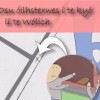
Osu ó:lhstexwes i te kyó li te Wólich means ‘They (were) loading it on the car(s) at Wahleach’‘
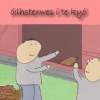
O:lhstexwes i te kyó means ‘They (were) loading it on the car(s)’. ‘They‘ and ‘it‘ are both understood from context.

Q’emó:stel is the name for a ‘dip-net’.
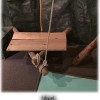
Láxel means ‘fishing platform’.
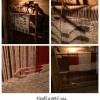
Thélxatí:m is one word for ‘to weave’. You use this specifically to talk about weaving swōqw’elh (ceremonial traditional blankets).
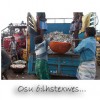
Osu ó:lhtstexwes…. means ‘So they were loading (it)’ or ‘So they were putting it on board’.
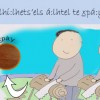
Lhí:lhets’els á:lhtel te x̲pá:y means ‘They (were) cutting cedar’.
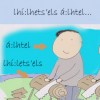
Lhí:lhets’els á:lhtel means ‘They (were) woodcutting’. (The ‘were‘ is just understood from context.)
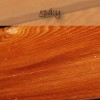
X̲pá:y means ‘cedar’. You use it to refer to the wood, not to a whole cedar tree (for a cedar tree you use a related word: x̲páyelhp).
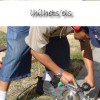
Lhí:lhets’els means ‘to do woodcutting’. You use this to talk about the kind of activity that one does for a while, such as for a job.
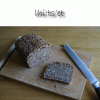
Lhí:ts’et means ‘to cut (it)’. You can use it to talk about cutting any kind of object (wood, cloth, vegetables, etc.).

Li te Wólich kw’es yóyes, yóyes thel málelh means ‘My late father was working at Wahleach’.
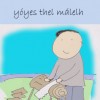
yóyes thel málelh means ‘my late father was working’‘. Some speakers would say tel málelh.
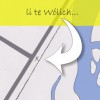
Li te Wólich… means ‘at Wahleach…’.
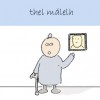
Thel málelh means ‘my late father’. Some speakers would say tel málelh.
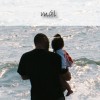
Mál means ‘father’. You can also spell this word má:l (the colon indicates a slightly longer vowel, but the difference is not significant with this word).
